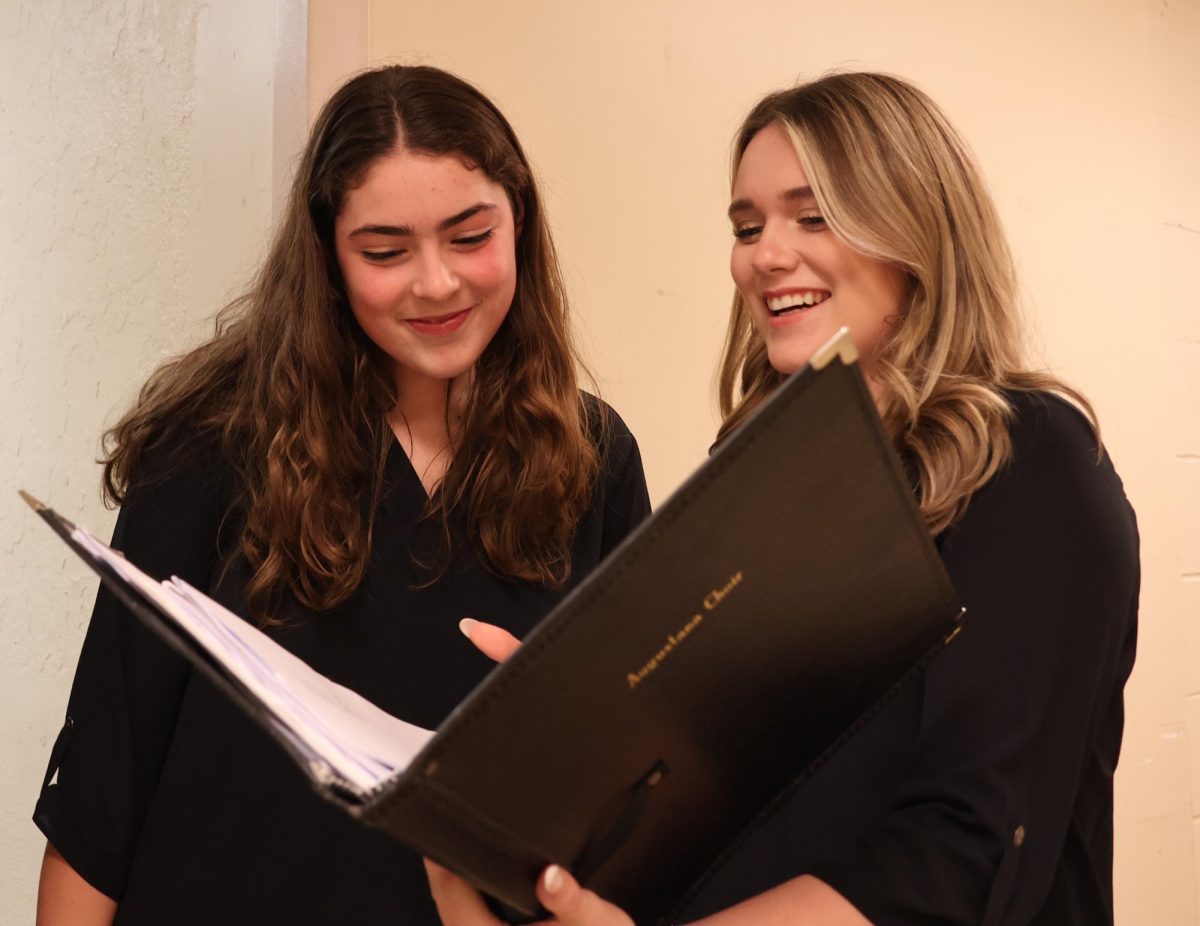As awards season draws closer, more and more movies are coming out that hope to gain attention from critics. One of these films is “Loving”, a dramatic biopic written and directed by Jeff Nichols. This is an emotionally gripping film with some terrific performances and wonderful cinematography, but it ultimately does little to differentiate itself from the many other award-bait films of 2016.
Before I go any further, I want to make it clear that I will be spoiling certain elements of the story. I feel this is appropriate since the film is based on true historical events. “Loving” chronicles the story of Richard and Mildred Loving, an interracial couple living in Virginia in 1958. The film follows their struggle to both raise a family and fight against the anti-miscegenation laws of the time that refuse to recognize the legitimacy of any interracial marriage. Eventually, their legal battle progresses all the way to the U.S. Supreme Court. The Lovings end up winning their trial, and the Court’s decision goes a long way toward overturning the widespread anti-miscegenation laws throughout the United States.
The film’s biggest assets are its actors. Joel Edgerton stars as Richard Loving, and he gives perhaps the best performance of his career. Edgerton fills his character with a quiet strength. Some critics might say he is too underwhelming, but I found his reserved nature to be compelling and realistic. Ruth Negga costars as Mildred Loving, Richard’s wife. Her performance was quite powerful and moving. I’m most familiar with Negga through her television roles, but this film proves that she has the potential to become a big star. Several other actors are present in supporting parts. The most surprising appearance was Nick Kroll, who shows that he can handle dramatic projects just as skillfully as his comedy shows. Across the board, the actors/actresses of “Loving” do an excellent job of bringing the story of the Lovings to the big screen.
The cinematography of “Loving” is also quite good. The film is beautifully shot in a way that highlights the actors without becoming distracting or gimmicky. At first glance, the movie feels plain and somewhat bland. But the more the story progressed, the more I came to appreciate the direction by Jeff Nichols. The landscapes of 1950’s Virginia is captured wonderfully, and the actors are kept in the center of the frame to highlight their emotive facial acting. Much like the plot itself, the direction is simple yet effective.
Despite its strengths, “Loving” is far from perfect. The film has a very slow pace, which is meant to emulate the real life story of the Lovings. As accurate as it may be, the first two-thirds of the movie tend to drag on until the main conflict comes into play. Once the legal battle escalates, the pace speeds up considerably. But until then, the viewers must sit through nearly 90 minutes without much plot.
The movie also suffers greatly from what I like to call Oscar-bait syndrome. “Loving” was clearly made to appeal to critics and Academy voters. While this isn’t necessarily a huge problem, the movie doesn’t feel unique enough to make it stand out from other historical biopics. I wish the filmmakers decided to take a more distinct approach in telling this story.
“Loving” is a fine movie with some excellent performances, strong directing by Nichols, and a powerful message about love and tolerance. However, it ultimately feels too generic to rise above the multitude of other films hoping to do well during awards season. To those who want to keep up with potential Oscar contenders, I would recommend giving “Loving” a watch. For more casual movie fans, I’d say you can skip this one.







































































































